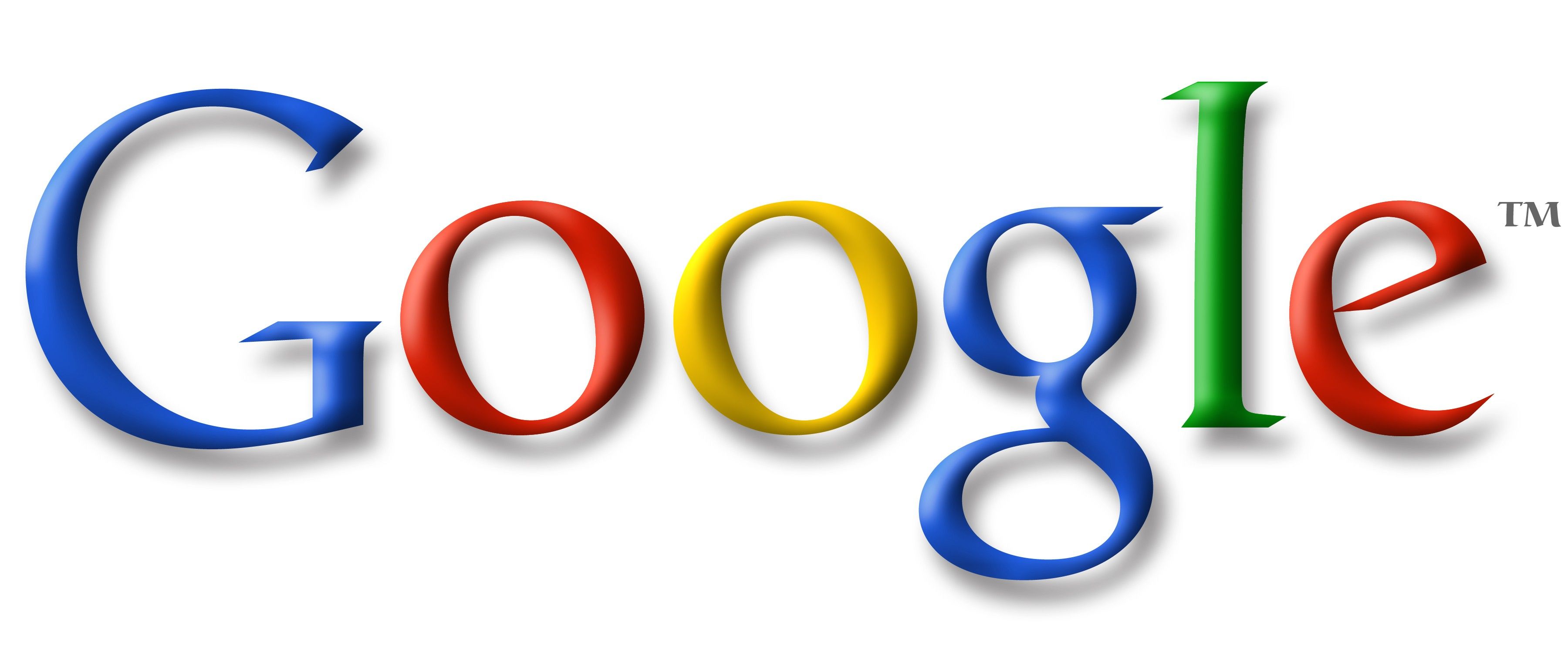Google Refusing to Pay French Publishers Copyright Fees and will Limit Content in Search Results
A new article on Search Engine Land reports that Google has announced French publishers will be required to give consent to Google before it will show more of their content.
Back in 2018, following a drawn-out public debate, the European Parliament passed a controversial and comprehensive new Copyright Directive. This was partly intended to standardize EU copyright law and bring it into the modern day. However, it was also meant to raise licensing revenue for authors and publishers from internet giants like Google and Facebook. France was the country in the EU that became the first to enforce the new rules domestically.
Google doesn’t see things so simply and has stated it won’t pay French publishers the copyright licensing fees the EU directive was supposed to generate. Instead of that, Google will display links and “very short” parts of news content, which won’t infringe the new EU law (Article 15, formerly Article 11). That law seeks to make sires like Google liable for licensing fees when more than links and a few words are displayed.
Google came out and tried to defend itself in a blog post. The search engine giant went as far as pointing out how it helps publishers and stated its support for journalism. Google News VP Richard Gingras said:
“We don’t accept payment from anyone to be included in search results. We sell ads, not search results, and every ad on Google is clearly marked. That’s also why we don’t pay publishers when people click on their links in a search result. To operate in any other way would reduce the choice and relevance to our users—and would ultimately result in the loss of their trust in our services.”
Google’s Gingras also published a French-language post, saying that“When the French law comes into force, we will no longer display an overview of the content in France for European press publishers unless the publisher has made the arrangements to indicate that it is his wish. This will be the case for search results from all Google services.”
So, Google is giving publishers the option to consciously opt-in and have more content appear on the search engine results page and is creating webmaster guidelines that French or other European publishers, after the directive is taken up Europe-wide, will utilize to specify how much of their content appears in the SERP. They’ll effectively be waivering their licensing rights under the EU ruling.
Google has the power here – rightly or wrongly. This happened a few years ago in Germany and Spain when similarly restrictive laws were passed, but you can’t beat Google that easily. News outlets back then saw a massive decline in traffic and were forced to go cap in hand to Google asking for their snippets back.
Google even went as far as illustrating what EU-based SERPS would look like after the passing of this directive. The bare pages contained links, but that was about it. There was zero copy or images, and titles appeared with no context.

What this boils down to is that as in Spain and Germany, Google will find a way around the EU law and publishers that agree to Google’s waiver request will get the traffic. Some of the publishers will complain and threaten legal action, but they haven’t really got many choices in the matter, and Google calls the shots when it comes to the search engine results page.

